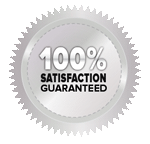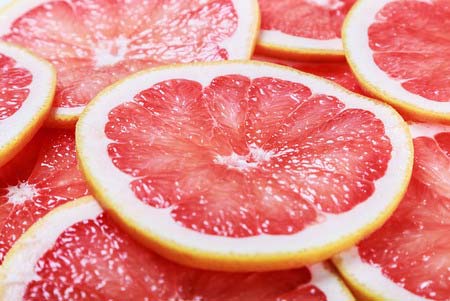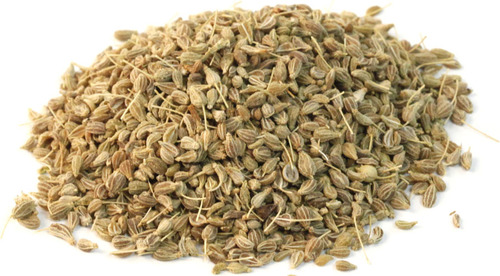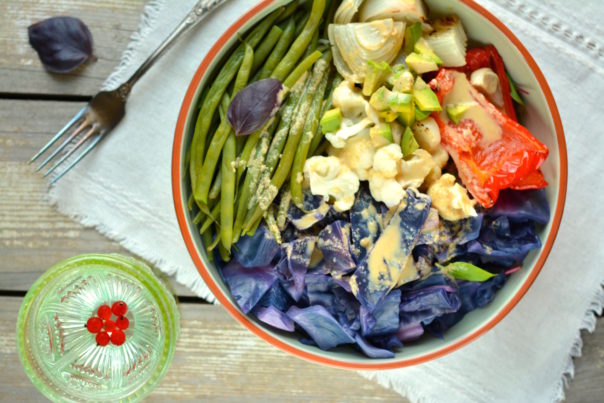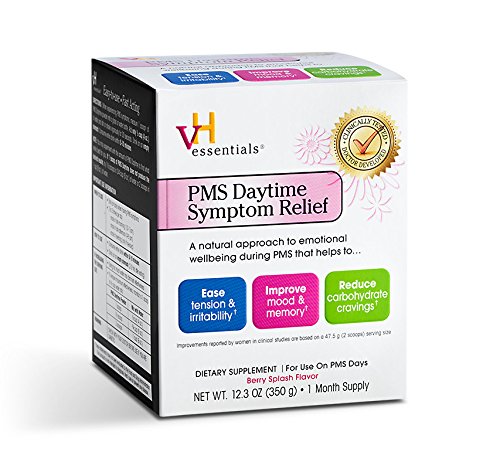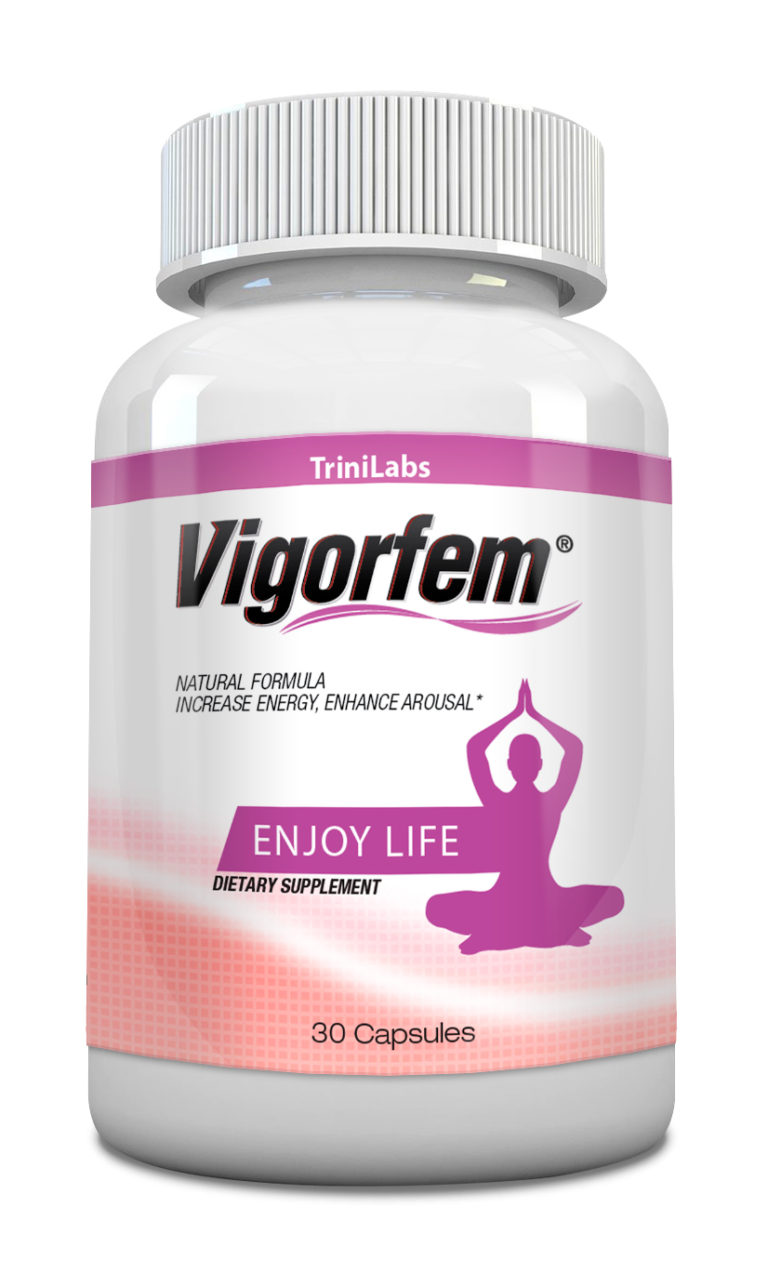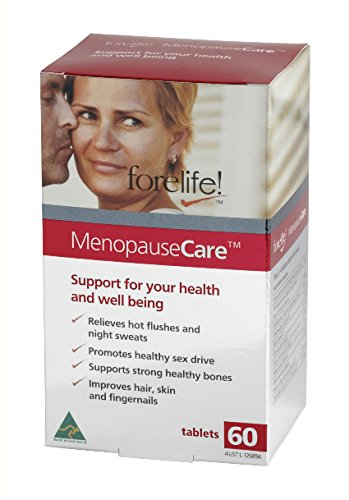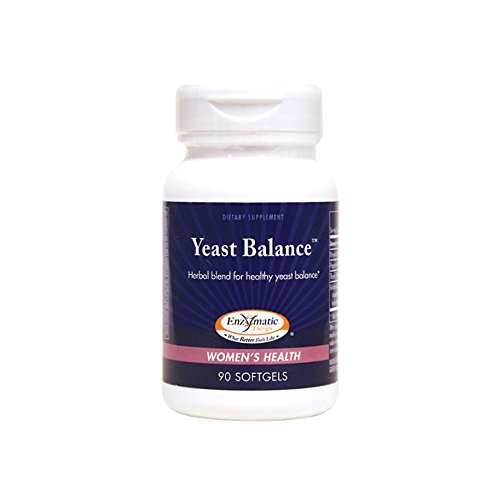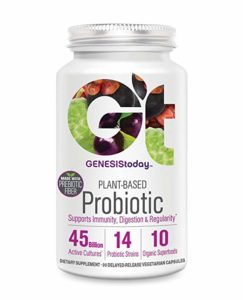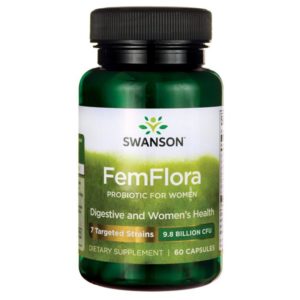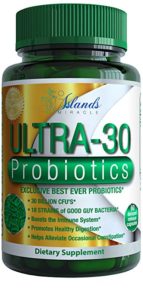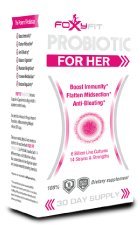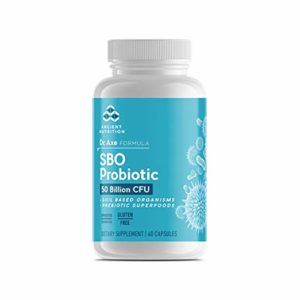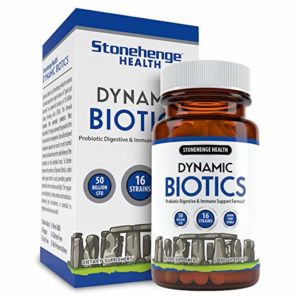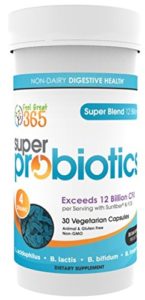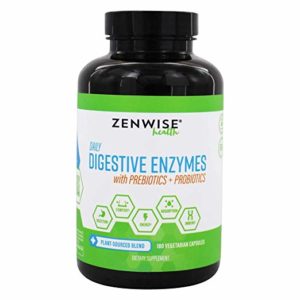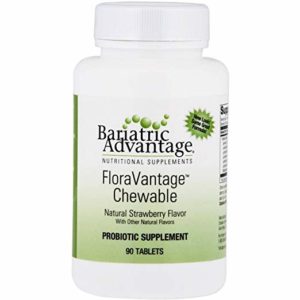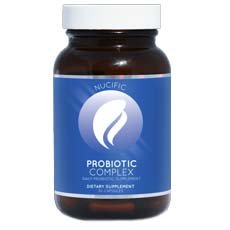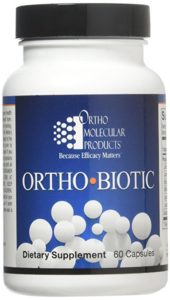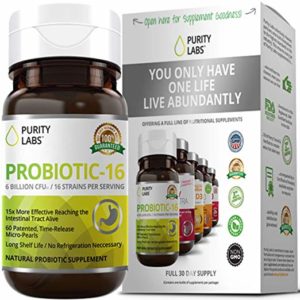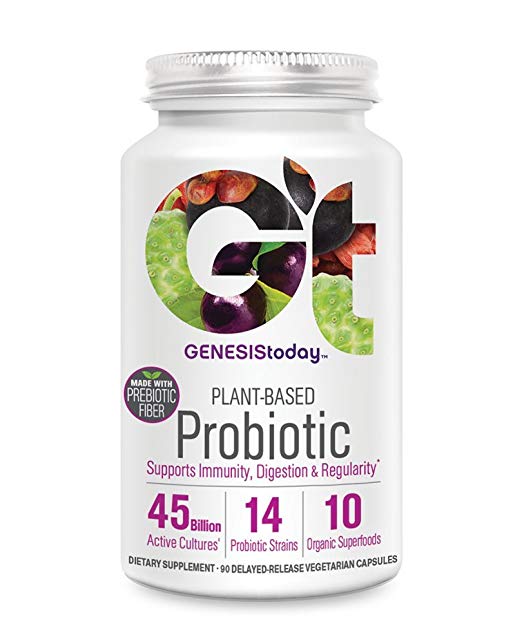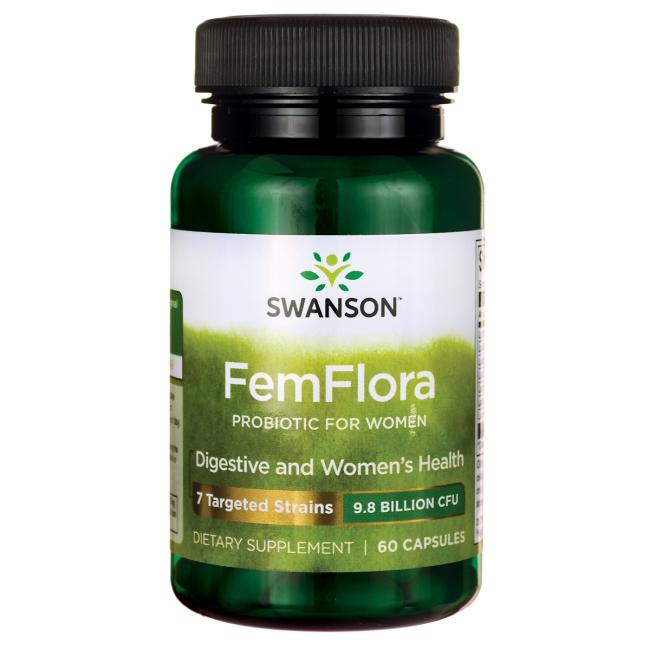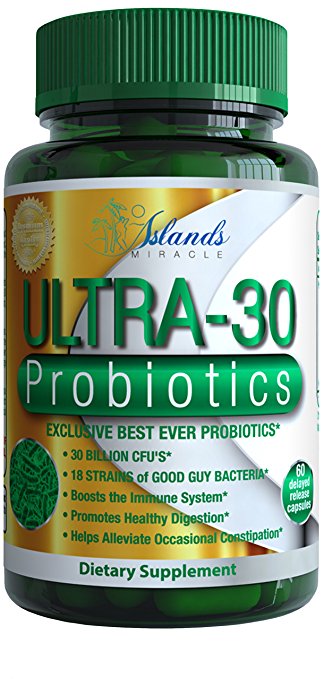
Feminine Issues?

The only All-Natural Product for:
- Feminine Issues
- Vaginal Odor
- Vaginal Itching
- Vaginal Discharge
Start Seeing A Difference Within a Few Days of Taking it!
WHAT'S THE PROOF?
Out of the tens of thousands of women that have tried Balance Complex, over 700 have been so impressed by the results, that they have voiced their results in the form of reviews for the product on Amazon, the world most TRUSTED online marketplace.
Below are just a few of the reviews of Balance Complex on Amazon:

"I have been looking for a probiotic to help with my feminine issues and this has done the trick!I have already recommended to other friends!" *

"I loved it. Just knowing that I was taking care of any problems that might occur that we as females go through gave me a piece of mind." *

"I was surprised it worked as fast as it did. Very Effective & Natural. I take one at night and one in the afternoon. And I feel so much better." *
Every order of Balance Complex on Amazon is backed by Amazon’s 100% money back satisfaction guarantee.
Try it for up to 90 days and if you aren't thrilled with the results, just notify Amazon and they will give you a full refund.
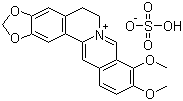
Berberine Sulfate
Goldenseal and Barberry in particular contain high levels berberine that has positively stimulating effect on the immune system. This effect is strongest no doubt is in mucous membrane tissues found in the vagina, mouth, and especially the digestive system. Berberine has been shown to possess excellent antimicrobial activity against a wide variety of microorganisms some of which are found in the vagina, like candida albicans, e coli, staph aureus and many others. Different types of preparations of goldenseal and barberry especially have been used both orally in teas, capsules and in liquid herbal extracts, and intra-vaginally in douches and as suppositories.
I don’t think of berberine containing herbs as candida specifics, but more adjuncts, meaning they are perfect to add to a candida cleansing and inhibiting dietary supplement because they: Enhance the activity of stronger antifungals like caprylic and undecylenic acid, Work in the background by killing bad bacteria and parasites, allowing stronger antifungals to do their job more easily.
How should you take Berberine Sulfate for Candida?
Unlike most antifungals, they support the mucous membranes and have an immune enhancing and cleansing effect on the mucosa of the throat, vagina and digestive system. Act as liver tonics and help the body secrete bile, good to use when detoxing.
Berberine has demonstrated growth inhibition of Giardia, Entamoeba histolytica, Trichomonas vaginalis, and leishmania donovani as well as several other well-known parasites and many different types of detrimental bacteria. Studies of berberine have shown in particular that it markedly decreases the parasitic load and can rapidly improve somebody’s immune system profile. Test tube studies have revealed that berberine inhibits the multiplication and inhibits the maturation of parasites. It is a most effective anti-parasitic herbal medicine and in my opinion is a must when treating any chronic yeast infection.
How does Berberine Sulfate for Candida work?
A small intestinal candida/yeast overgrowth is a common finding amongst environmental illness patients according to lab tests such as the organic acid urinary analysis and gut fermentation profiles, as well as patient repsonses to Dr. William Crook’s yeast questionnaire. As a result, anti-fungal therapy is usually a major part of an overall functional/integrative medicine based treatment plan for these illnesses.
This is usually made up of three distinct parts, an anti-fungal diet, anti-fungal medications and/or natural products and finally, probiotic supplementation. Most people seem to get the best benefit when treatment involves all three parts, implemented properly at the same time, as they work together to restore the normal balance of organisms in the small intestine. If anti-fungal agents were taken without concurrent probiotic supplementation for example, with the amount of yeast reduced and no supply of beneficial bacteria to replace it, the opportunity is there for pathogenic bacteria to become dominant.
Berberine is a yellow-colored alkaloid compound found in several different plants, including European barberry, goldenseal, goldthread, Oregon grape, phellodendron, and tree turmeric. Berberine has antibacterial, anti-inflammatory, and immune-enhancing properties. It’s effective against a wide range of bacteria, protozoa, and fungi. It can be used topically on cuts and other wounds, and it’s perhaps most commonly used to treat gastrointestinal issues, including traveller’s diarrhea and that from food poisoning.
However, what newer research is uncovering (and what traditional medicine has likely known for centuries) is that the benefits of berberine extend far beyond its antimicrobial properties.
Review Overview
5.1 OVERALL SCORE
Feminine Issues?

The only All-Natural Product for:
- Feminine Issues
- Vaginal Odor
- Vaginal Itching
- Vaginal Discharge
Start Seeing A Difference Within a Few Days of Taking it!
WHAT'S THE PROOF?
Out of the tens of thousands of women that have tried Balance Complex, over 700 have been so impressed by the results, that they have voiced their results in the form of reviews for the product on Amazon, the world most TRUSTED online marketplace.
Below are just a few of the reviews of Balance Complex on Amazon:

"I have been looking for a probiotic to help with my feminine issues and this has done the trick!I have already recommended to other friends!" *

"I loved it. Just knowing that I was taking care of any problems that might occur that we as females go through gave me a piece of mind." *

"I was surprised it worked as fast as it did. Very Effective & Natural. I take one at night and one in the afternoon. And I feel so much better." *
Every order of Balance Complex on Amazon is backed by Amazon’s 100% money back satisfaction guarantee.
Try it for up to 90 days and if you aren't thrilled with the results, just notify Amazon and they will give you a full refund.
Recent Tests
Categories
- General Health
- Feminine Guides
- Ingredient Guides
- Product Reviews
- Bacterial Vaginosis Products
- Candida Products
- Menopause Products
- UTI Products
- Yeast Infection Products
About Us

FeminineHealthReviews is dedicated in bringing you the top unbiased editorial reviews and ratings for natural products and supplements, along with specs, user reviews, supplement facts and more.
These statements have not been evaluated by the Food and Drug Administration. This product is not intended to diagnose, treat, cure or prevent any disease.
*Results may vary. If you are pregnant, nursing, have a serious medical condition, or have a history of heart conditions we suggest consulting with a physician before using any supplement. The information contained in this website is provided for general informational purposes only. It is not intended to diagnose, treat*, cure, or prevent any disease and should not be relied upon as medical advice. Always consult your doctor before using any supplements. Disclosure of Material Connection: Some of the links in the post above are "associate sales links." This means if you click on the link and purchase an item, we will receive a commission. Regardless, we only recommend products or services which we use personally and/or believe will add value to our readers. We are disclosing this in accordance with the Federal Trade Commission’s 16 CFR, Part 255: "Guides Concerning the Use of Endorsements and Testimonials." Disclaimer: © 2025 All Rights Reserved. The information provided on this site is intended for your general knowledge only and is not a substitute for professional medical advice or treatment for specific medical conditions. You should not use this information to diagnose or treat* a health problem or disease without consulting with a qualified healthcare provider. Please consult your healthcare provider with any questions or concerns you may have regarding your condition.Your use of this website indicates your agreement to this websites published terms of use and all site policies. All trademarks, registered trademarks and service-marks mentioned on this site are the property of their respective owners.


